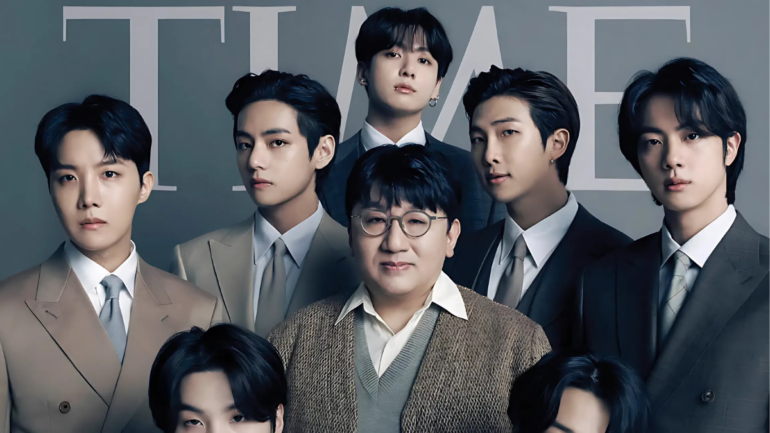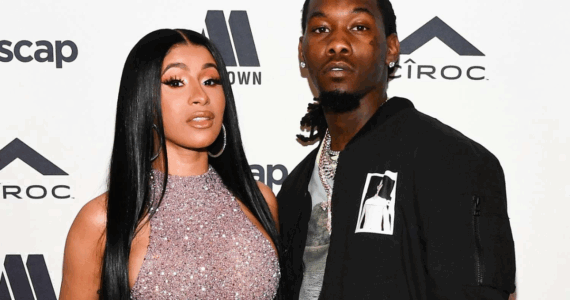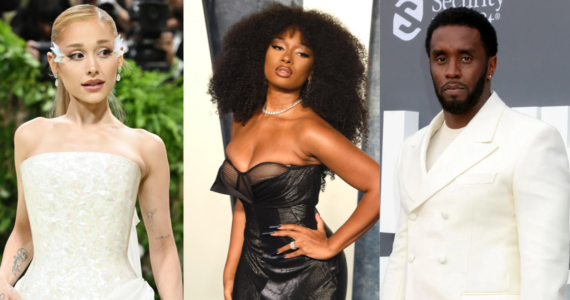In recent years, HYBE Corporation, the South Korean entertainment giant known for launching global K-pop sensation BTS, has increasingly set its sights on the U.S. music market. Its latest moves to acquire prominent American music companies, including Ithaca Holdings (home to artists like Justin Bieber, Ariana Grande, Lady Gaga, and Demi Lovato) and a significant stake in Quality Control Music, highlight the company’s growing influence and ambition.
HYBE’s Strategic Acquisitions and Global Alliances
HYBE’s purchase of Ithaca Holdings in 2021 was one of its most significant moves. With this acquisition, HYBE gained control of some of the biggest names in the music industry, boosting its already impressive portfolio. The acquisition was followed by a strategic partnership with Universal Music Group (UMG), marking a new chapter in the global expansion of HYBE. UMG, a leading music company, helps position HYBE as a dominant force in both Western and Asian markets. This collaboration aims to foster talent development, support international artists, and further diversify the music offerings of both companies.
Recently, HYBE has been exploring more acquisitions, such as buying a stake in Quality Control Music, an Atlanta-based label home to major hip-hop artists like Migos, Lil Yachty, and Lil Baby. This move reflects HYBE’s ambition to not only support popular American genres but also tap into hip-hop’s strong influence on global pop culture. As the genre continues to dominate both the U.S. and international music scenes, this acquisition allows HYBE to expand its reach, particularly in a genre that has become essential to the global music conversation.
HYBE’s Expansion into Country Music
However, the company has also made significant steps in country music.
HYBE’s acquisition of Big Machine Label Group through its deal with Scooter Braun’s Ithaca Holdings gave it a foothold in country music, an area that was once outside its usual K-pop-centric focus. Big Machine is home to country music stars like Taylor Swift (prior to her departure), Tim McGraw, and Florida Georgia Line, marking a major expansion into the U.S. country market.
The Ramifications of HYBE’s Growth
HYBE’s acquisitions and global alliances signal a shifting power dynamic within the music industry. The K-pop company’s growing footprint in the American music industry raises questions about artist autonomy and the role of major corporations in controlling the industry. HYBE’s stake in both K-pop and American hip-hop offers a more diverse musical landscape, but some argue it could lead to a concentration of power, affecting smaller independent labels and artists’ ability to thrive outside of these large corporate structures.
This also represents a major pivot for K-pop from niche to global dominance. While K-pop’s international appeal has been undeniable, HYBE’s strategy of blending Western and Eastern pop culture signals an era of unprecedented crossover potential. Artists like BTS have already enjoyed global success, but the backing of major U.S. acquisitions gives HYBE a broader influence, potentially shaping the future of music production and distribution across genres.
The Controversy Surrounding HYBE’s Expanding Reach
Despite the excitement over HYBE’s increasing influence, there are concerns about the corporate consolidation of the music industry. As HYBE continues to buy up U.S. labels and form alliances with music powerhouses, critics worry about the increasing control of a few large corporations over both American and K-pop music. This has sparked debate among industry professionals, especially regarding artist control, the independence of record labels, and the long-term effects on artist development.
The growing power of HYBE and similar conglomerates could further reshape the global music ecosystem, potentially limiting the diversity of voices and genres that rise to prominence. As HYBE continues to expand into new territories, both fans and industry insiders are watching closely to see how it balances artistic freedom with corporate interests.
How Will the Industry Respond?
HYBE’s moves are clearly reshaping the music landscape, with the company’s acquisition strategy aiming for dominance in both the K-pop and American music markets. But will its growth continue to push the boundaries of music genres and artist development? Or will the increased corporate presence in the industry lead to more significant challenges for smaller labels and independent artists?
Question for Comments:
What are your thoughts on HYBE’s expansion into the American music industry? Do you think its acquisitions will have a positive or negative impact on the diversity of the global music scene? Let us know in the comments below!
Follow MEFeater on Twitter, Instagram, Facebook, and Pinterest for more music news and updates










